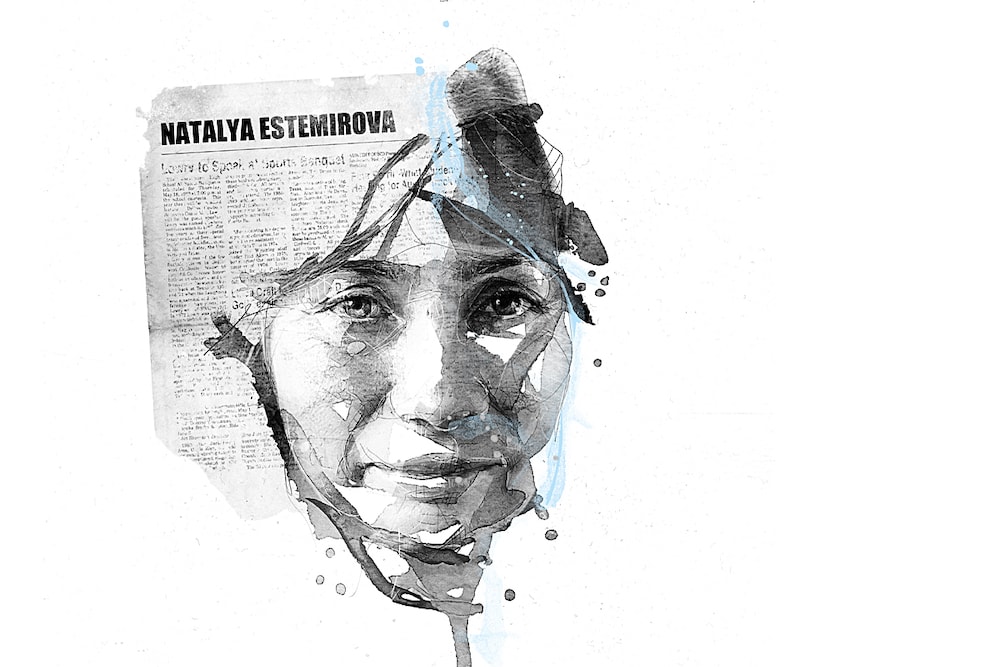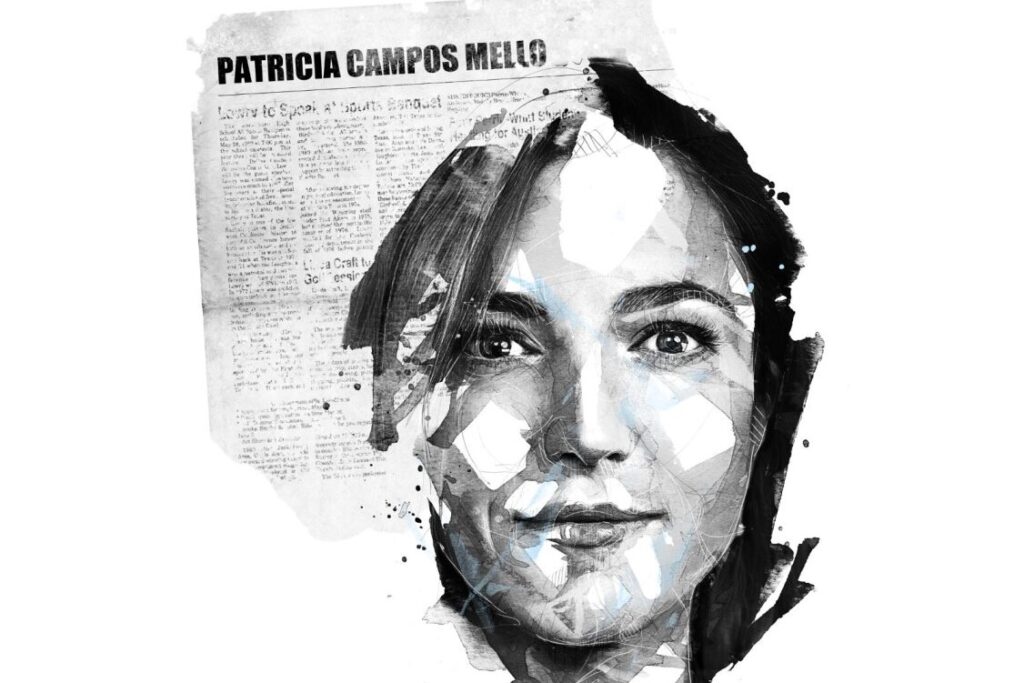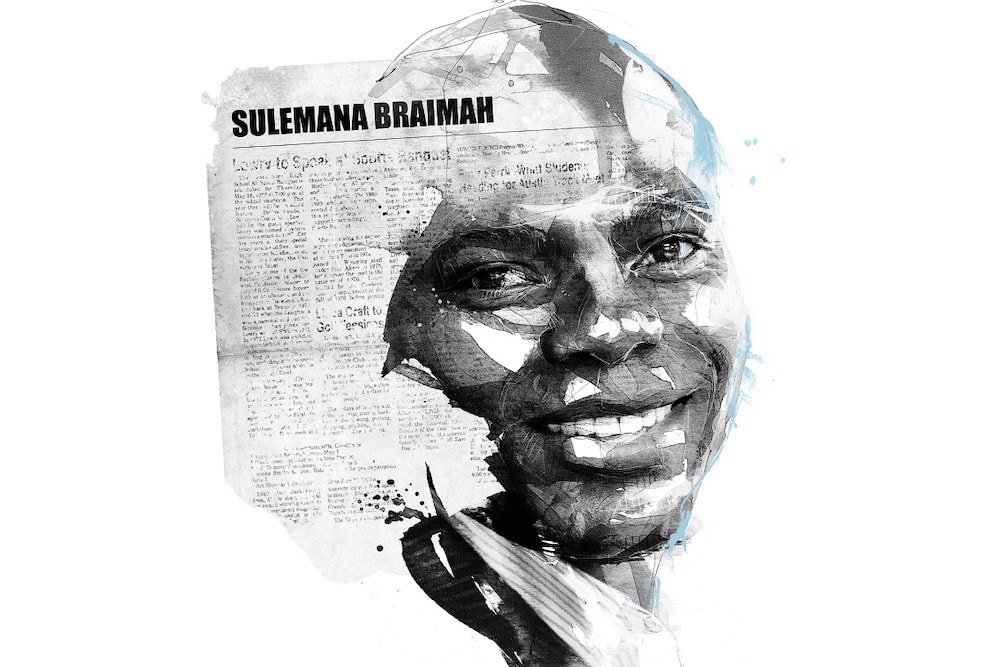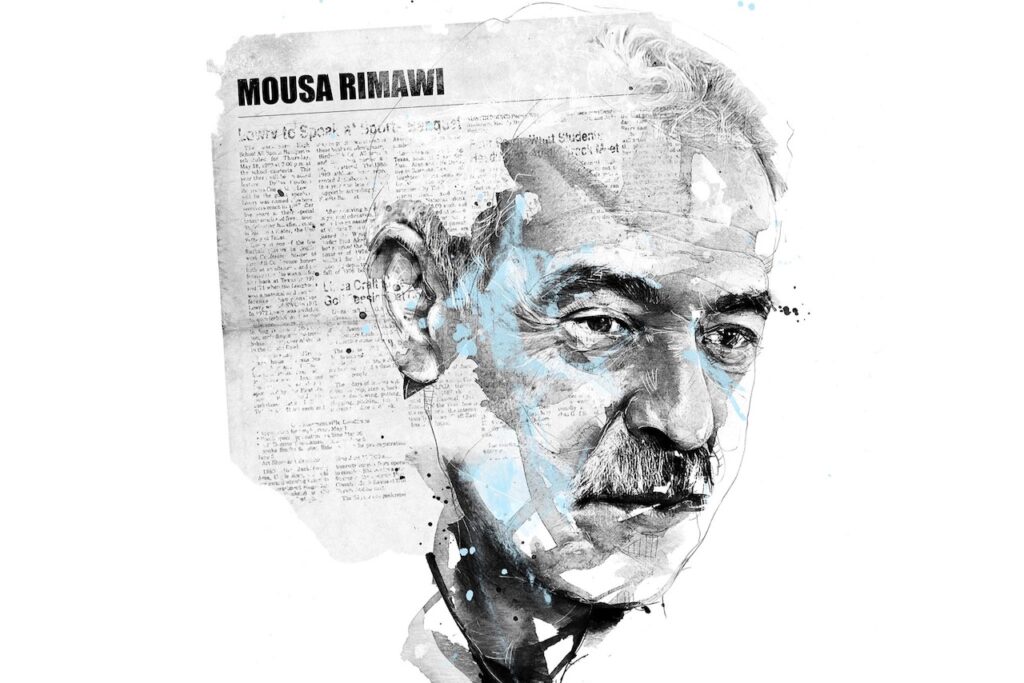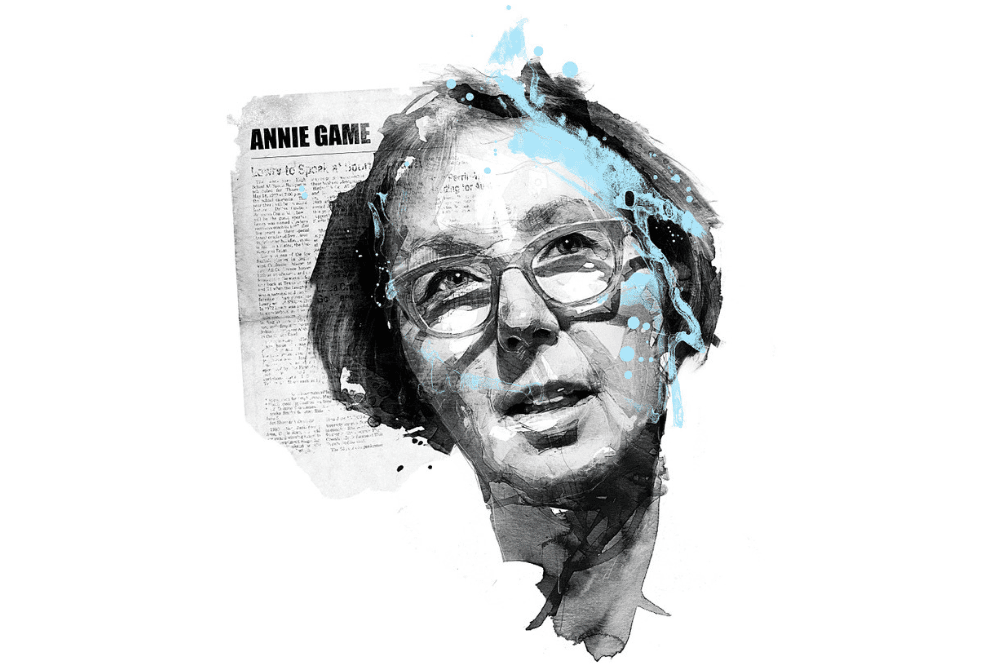Natalya Estemirova was a human rights defender known for documenting torture, killings, disappearances and other brutalities committed by the Chechen authorities. She was abducted and murdered in July 2009.
In an acceptance speech for a Human Rights Watch Defender Award in 2007, Natalya Estemirova stated: My colleagues and I have all been affected by the conflict. Some of us have lost loved ones and simply could not allow the government to get away with it. We have engaged in careful dialogue for years with victims. Moving from village to village, and home to home, we explain to them why silence will not help.
On 6 October 2007, human rights defender and journalist, Natalya Estemirova, came to London to accept the inaugural Reach All Women in War Anna Politikovskaya Award. In her acceptance speech, she spoke of her friend’s courage in confronting and disclosing abuses by Russian and Chechen forces, knowing all the while the acute danger that this brought. Politikovskaya had been shot dead at her apartment in Moscow a year earlier, on 7 October 2006. On 15 July 2009, Estemirova herself was abducted and murdered, in a killing described as an execution.
Human Rights Watch tells of how, on that day, passersby heard Estemirova screaming, “This is a kidnapping!” as she was forced into a car by four men outside her home in the Chechen capital Grozny. They were too frightened to intervene. Her body was found eight hours later in a forest in the neighbouring region of Ingushetia, with gunshot wounds to her head and body.
A historian by training, Estemirova had since 2000 worked at the Grozny office of Memorial, one of Russia’s most respected human rights organisations, documenting torture, killings, disappearances and other brutality committed by the Chechen authorities, notably members of Chechen President Kadyrov’s militia. At the time of her death, she was working on a project for Human Rights Watch, investigating a surge of extrajudicial killings, house burnings and arrests of Chechen separatists. She was also a correspondent for the independent Caucasus website Kavkazksy Uzel, and newspaper Novaya Gazeta for which Politikovskaya also wrote. She contributed to foreign publications including the Institute of War and Peace Reporting. She was invaluable to foreign journalists, giving them access to interviewees and places that others would not, as New York Times reporter, C. J. Chivers attests in his chilling video made after her death.
Suspicion on who had ordered Estemirova’s murder fell on Kadyrov. His belligerent response was to tell Radio Free Europe/Radio Liberty that Estemirova was “a woman no one needs … [who] never had dignity, honour, conscience.” Then, in January 2010, he told the pro government Russia Today that her murder had been ordered by the exiled oligarch Boris Berezovsky in an attempt to undermine stability in Chechnya. This led the Committee to Protect Journalists to state that Kadyrov should focus on assisting the investigation into the murder rather than to make “unfounded insinuations”.
Oleg Orlov, a lawyer and chair of Memorial’s board, placed blame on Kadyrov, telling the Guardian’s Luke Harding that in March 2008, Kadyrov had summonsed Estemirova to his office to reprimand her for her work. Kadyrov is said to have admitted to her “Yes, my hands are up to the elbows in blood. And I am not ashamed of that. I will kill and kill bad people”. For this, Orlov says, he was admonished by Estemirova. Kadyrov later accused Orlov of slander for suggesting his implication in Estemirova’s death. Orlov was found guilty and ordered to pay a fine, but this was overturned on appeal in June 2011, when Orlov was acquitted. Meanwhile, no one has yet to be prosecuted for Estemirova’s murder. As Human Rights Watch’s Tanya Lokshina told Open Democracy in July 2012: “It gives us grounds for believing that high-ranking individuals were involved in these crimes. They want to preserve their impunity. It is our impression that the authorities are not just trying to avoid investigating the murder of Natalya Estemirova. They have been making it as difficult as possible for the lawyers, rights defenders and activists who have been trying to continue the work Natalya did, by helping those whose near ones have been abducted or have themselves fallen victim to torture and extra-judicial killings.”
Memorial closed its Grozny office after Estemirova’s death, deeming it too dangerous for its staff to remain.
On 31 August 2021, the European Court of Human Rights ruled that the Russian authorities failed to properly investigate the murder of Natalya Estemirova. However, it did not find that they were directly responsible for her kidnapping and killing.
A few months later in December 2021, Russia’s Supreme Court ruled that Memorial International – both an organisation in itself and also an umbrella organisation for many regional groups – and the Memorial Human Rights Centre should be liquidated for violating the notorious “foreign agents” law.
During her lifetime, Estemirova was honoured for her work by numerous organisations. In 2007, she received the Human Rights Watch Defender Award; in 2005, she was awarded the European Parliament’s Robert Schuman Medal; and in 2004, she received the Swedish Parliament’s prize for the Right to Survival.
Illustration by Florian Nicolle
